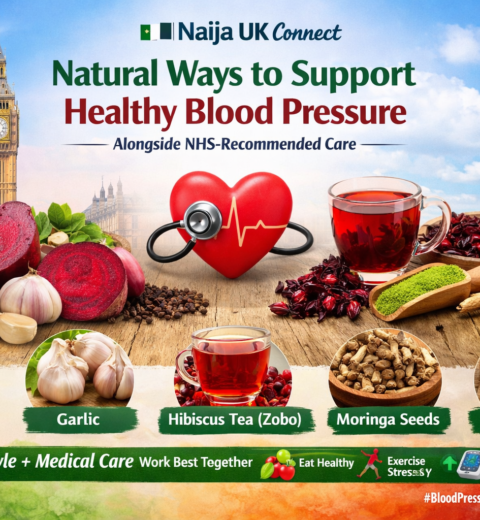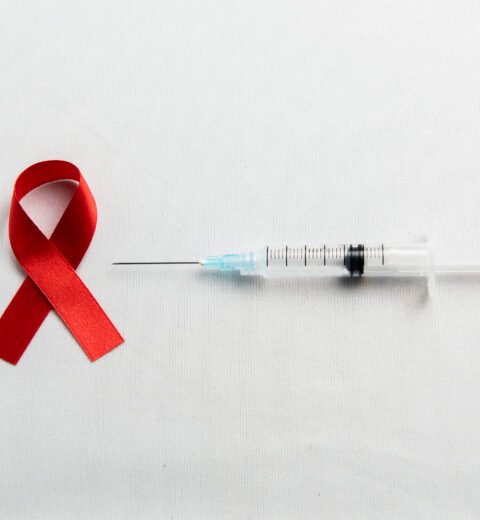Iron deficiency is a common health issue among Nigerians in the UK, and several factors contribute to this. The National Health Service (NHS) identifies iron deficiency as a widespread issue, but Nigerians and other Black communities may be at higher risk due to dietary habits, genetic predisposition, and lifestyle factors.
Possible Reasons for Low Iron Levels Among Nigerians in the UK
- Dietary Habits
Traditional Nigerian diets are rich in iron-containing foods such as meat, fish, and leafy greens. However, in the UK, access to traditional food may be limited, leading some Nigerians to consume more processed foods that lack sufficient iron. - Malabsorption Issues
Some individuals have conditions like celiac disease or inflammatory bowel disease, which reduce the body’s ability to absorb iron. Also, tea and coffee, commonly consumed, contain tannins that inhibit iron absorption. - Menstrual Blood Loss
Nigerian women, like other women of African descent, may experience heavier periods (menorrhagia), leading to increased iron loss. - Pregnancy and Increased Iron Demand
Pregnant Nigerian women need more iron to support their growing baby. Without sufficient iron intake, they may develop iron deficiency anaemia. - Race and Genetics
While race itself does not directly cause low iron levels, genetic factors may play a role. Nigerians and other people of African descent are more likely to have conditions like sickle cell disease or thalassemia, which can affect red blood cell production and iron metabolism. However, iron deficiency is not specific to Black people—it affects all populations globally.
What It Means to Have Low Iron Levels
Iron is essential for producing haemoglobin, the protein in red blood cells that carries oxygen throughout the body. When iron levels are low, the body cannot make enough healthy red blood cells, leading to iron deficiency anaemia. Symptoms include:
- Fatigue and weakness
- Shortness of breath
- Dizziness
- Pale skin
- Cold hands and feet
- Brittle nails
- Cravings for non-food substances like ice (pica)
How to Boost Iron Levels
Dietary Changes
Eating iron-rich foods is the best way to increase iron levels. There are two types of dietary iron:
- Heme iron (from animal sources) – Found in red meat, liver, chicken, fish, and turkey.
- Non-heme iron (from plant sources) – Found in beans, lentils, spinach, kale, fortified cereals, and nuts.
To enhance iron absorption, pair these foods with vitamin C-rich foods like oranges, bell peppers, and tomatoes.
Iron Supplements Recommended by the NHS
If diet alone is not enough, the NHS recommends taking iron supplements such as:
- Ferrous sulfate (200mg, 2-3 times daily)
- Ferrous fumarate
- Ferrous gluconate
These should be taken with vitamin C (e.g., a glass of orange juice) to improve absorption. However, they may cause side effects like constipation or stomach upset, so always consult a GP before starting supplements.
Final Thoughts
While Nigerians in the UK may frequently be diagnosed with low iron levels, this is not necessarily due to race but rather lifestyle, diet, and medical conditions. Making dietary changes, taking iron supplements as needed, and regularly checking iron levels with a GP can help manage and prevent iron deficiency.
Join Our WhatsApp Channel
Stay updated on the latest UK news, including education, health, job openings, and more for those living in the UK!
Join here: Naija UK Channel
Also, follow us on our social media channels for the latest updates and discussions:
- Twitter: @NaijaUKConnect
- Facebook: Naija UK Connect
- Instagram: @naijaukconnect




